Her Ukraine: What It’s Like To Rebuild Your Life When The News Moves On
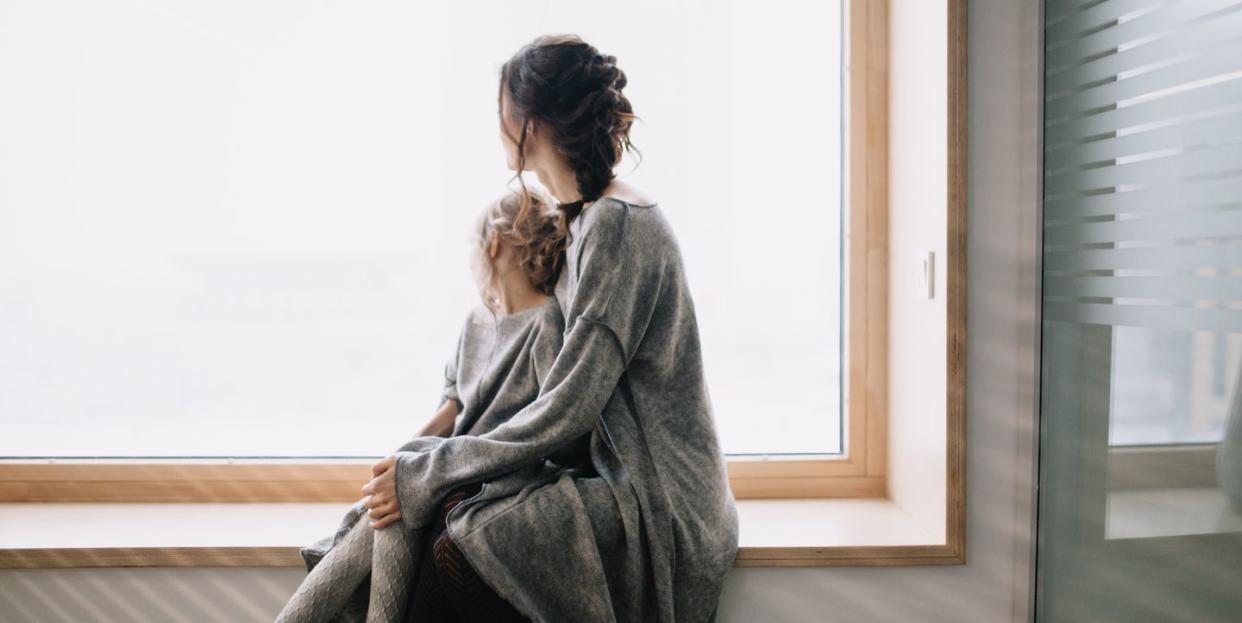
The first thing I do when I open my eyes in the morning is read the Ukrainian news to see if something terrible has happened overnight. This is my routine, the beginning of every day since I left Ukraine in March. The war is still going on there, and although it is barely visible in the UK headlines, this is very much my reality.
Since then I have been living two lives. One of them is in a picturesque village at the foot of a hill in Somerset, where I ended up with my five-year-old daughter a few months ago under the Homes for Ukraine scheme. This is where our new friends are, a warm crumpet with butter for breakfast, Bertie the ginger cat. Fireworks for Guy Fawkes Night are eagerly awaited here, and gifts for Christmas are already being discussed. Here my daughter speaks, reads and writes in a language that she did not know at all three months ago.
My second life is ghost-like: it is in Ukraine, where I cannot be because of the war. It’s where my husband is, the father of my daughter, who cannot leave the country under martial law. It’s where my mother is, who flatly refused to leave her home (as did almost all of my friends' parents), and did not change her mind, even when less than a mile away, a rocket destroyed dozens of residential buildings and injured more than 200 people.
In an instant, the war erased my reality — life in our small, cosy apartment in the heart of Kyiv, my daughter's favourite trampoline in the city park and her future school, my new work projects as a freelance copywriter, dinners with my husband, meetings with girlfriends. On the evening before the war, I was at a chocolate tasting with my former colleagues from ELLE Ukraine where I was a senior editor for 12 years. We gossiped, laughed, made plans for spring, went home, went to bed, and on the morning of February 24, we turned into people who were robbed of our previous lives.
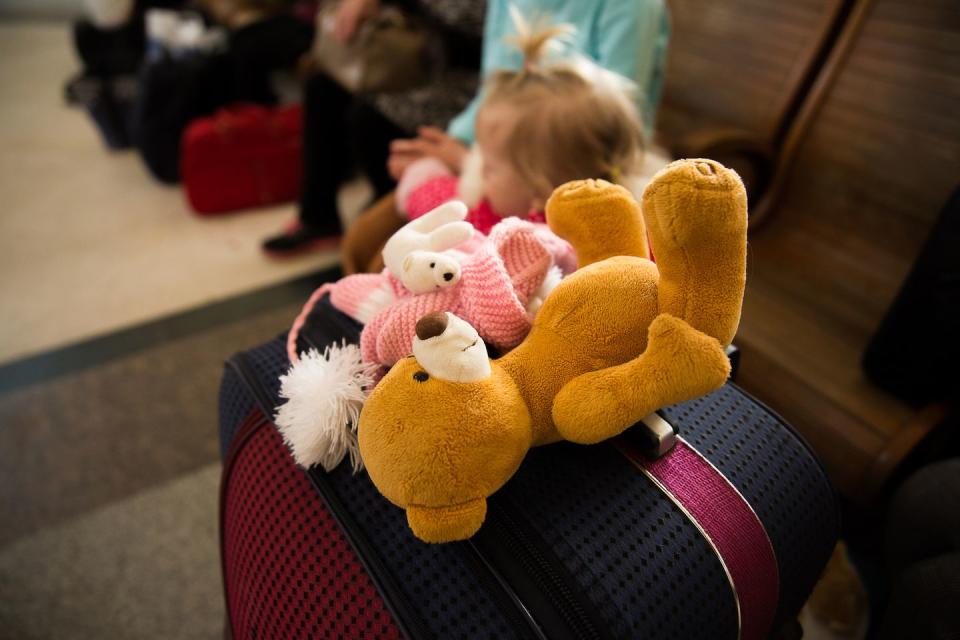
Our family left Kyiv on the first day of the war. We woke up from the explosions, packed a suitcase of essentials but also very strange random things. Scented candles and some posh white tea with cherry blossoms instead of a phone charger — that's what panic looks like. We told our daughter that we were going on a trip. Under the unusual sounds of air raids, we went down to the subway (there were no taxis), and spent two hours there. Around us were frightened people with children, cats, dogs, parrots and hamsters in cages.
Our small savings were enough to get to Western Ukraine and live there for several weeks. I remember the eyes of the locals: a mixture of sympathy and fear. They waited and were afraid that our misfortune – a forced escape from our own house to the sound of explosions – would soon become theirs.
Some people don’t believe in maternal instinct, so I’m not sure how to explain the force that pushed me to move from Ukraine, to take my daughter away from the terrible reality. One cold early morning in March we parted with my husband in the small Ukrainian village near the border, realising that we didn’t know when we will see each other next time. The thought that we would be reunited soon helped saying goodbye and it helps me to keep going today. It's not even hope, it's confidence. And although seven months later we have still not seen each other, I need this thought to survive.
On foot with my daughter, I crossed the border into Poland. She still thought we were on a trip. It wasn't until a few weeks later, that I gradually told her what had happened. As a journalist, I am not afraid of uncomfortable questions. But then I had to give the most painful answers of my life.
- 'Mum, can we see Dad, if only for a day?'
- 'No, dear, not yet.'
- 'When can we?'
- 'I don't know.'
It was as if we were in one of Wes Andersen's cruel fairy-tales, where in order to get something important, you need to sacrifice something very precious for you. In order for my daughter to have a safe sky over her head, I had to take her away from home, from her father and grandmothers, from friends and her beloved hamster. I was the only person who spoke to her in her native language. She was afraid to leave me for a minute. And she had to go to her first school in a completely foreign country.
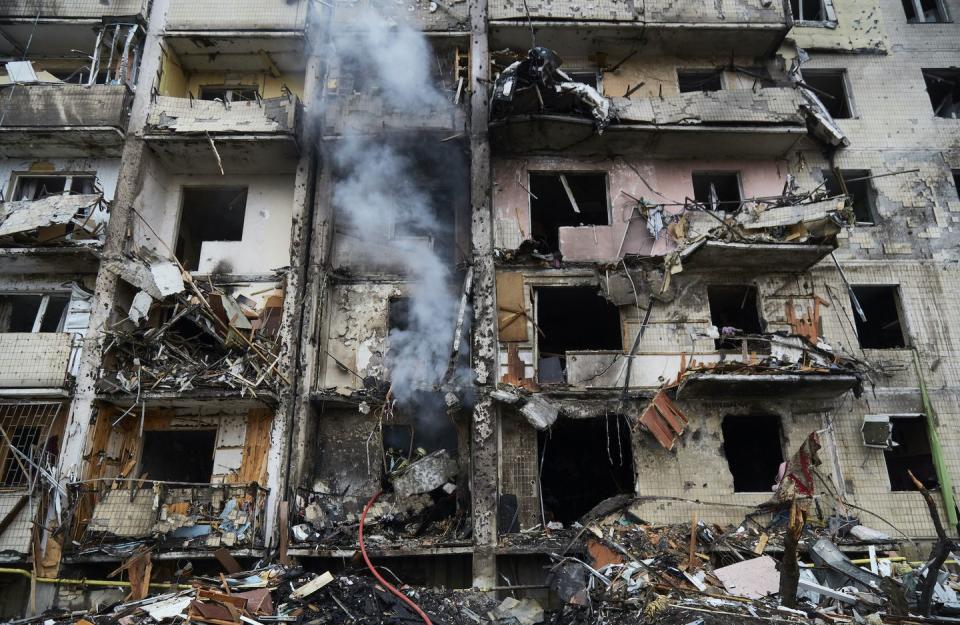
The hardest thing for me was to soften the blow of her immersion in a new reality when I myself was in a terrible mental state. My only desire in the morning was to close my eyes again and not open them. When I did get up, tears began to roll from my eyes, and I could not control when I could calm down. I could not distinguish between the stages of denial, anger, bargaining, depression and acceptance, it seemed that every day I went through them all in some kind of chaotic order or I got stuck on one for an indefinite time.
The atmosphere in the house of our hosts also affected my condition. We didn't fit into their picture of rescued refugees who live with them as one happy family. We could not become their family and at that moment were not ready to be happy. It seemed as they presumed we would be content to have escaped, but in reality this wasn't how we felt. Whatever it was, I was and remain grateful to them for helping us, but it seemed that I could not express my gratitude in the way they expected it.
One day, without warning, we found ourselves homeless, for the second time this year. Only now in an unfamiliar country, in rural England, without a car. Unfortunately, this is now not a rare story for Ukrainian refugees, most of whom are mothers with children.
Since March, more than 100,000 Ukrainians affected by the war have arrived in the UK under the Ukraine Family Scheme and Homes for Ukraine Scheme, many of them placed with hosts. When the first emotions subsided, it turned out that it was not easy for both parties. For Ukrainians, these are huge changes that are superimposed on the trauma of the war, the loss of a past life, separation from loved ones. No one gave the British people manuals on how to let mentally injured people into their lives. Not everyone was ready to face these sorts of complications and responsibilities.
My daughter and I ended up in a hotel on the motorway, without a refrigerator, without the ability to cook and do laundry, without knowing how long we would live like this. I knew of people who had lived in such hotels for months. I know Ukrainian mothers who, finding themselves in the same situation, decided to go back to Ukraine, even if their homes were ruined. They returned home, to the war, in an even worse condition than when they came to the UK.
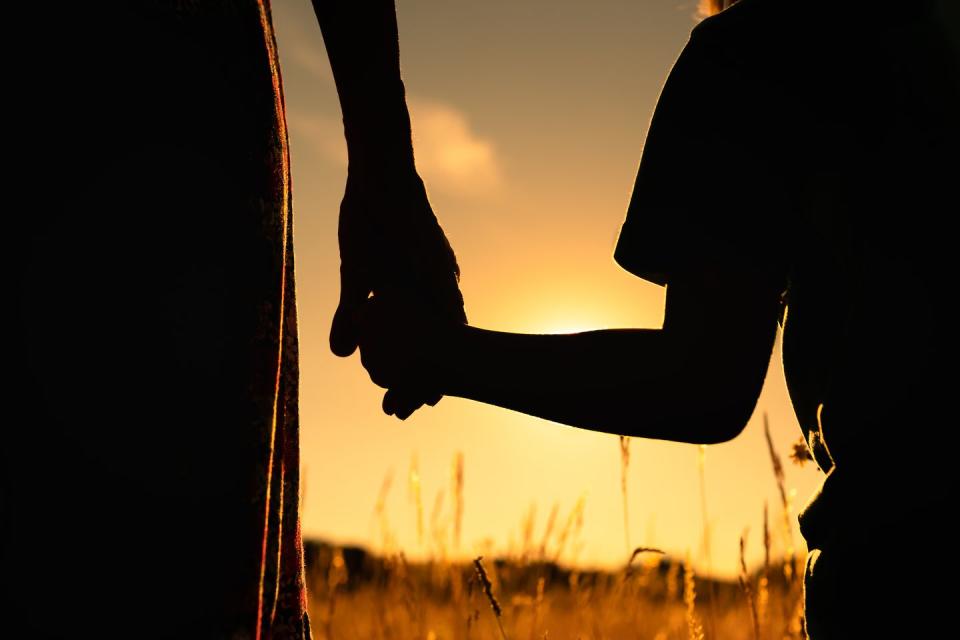
Why did I stay? Because in the loneliest and most difficult time in my life, I made friends.
A week before our breakdown with the hosts, a mum of my daughter’s classmate spoke to me in the playground. She suggested to meet for a coffee at a time when I felt like the loneliest person in the world. It was not a formal politeness, but a sincere desire to help out, which did not let me drown. My new friend, her husband and her best friend became our superheroes who transported us from hotel to hotel, brought food and toys for my child, took laundry, took us to the grocery shops and to the play dates.
Around the same time, I met another mum of two boys at the school. We talked to each other at a kid’s birthday party, I mentioned my job at ELLE, and it turned out that she works in the fashion industry, her company creates prints for the womenswear and lifestyle markets. We immediately found a common language and on that very day she invited us to stay in her cottage, which they usually rented out on Airbnb. Although the cottage was wonderful, I refused, because we had moved to our first hosts by that point and frequent moving did not benefit my daughter's mental health. I hadn’t suspected that in a few days we would have to move to a hotel on the motorway.
After knowing about what happened, my new friend found me (I had no strength and I was ashamed to ask for help) and repeated her invitation. We went to her family home for two weeks, and in the end we found new hosts and true friends. She became a role model for me, someone who only sees solutions. As a creative person and designer, her living space is filled with vibrant colours. And gradually these colours began to brighten our blurry foggy days. My daughter and I seemed to come to life. I am happy to see how her confidence grows every day, how she learns to make friends and care for other people.
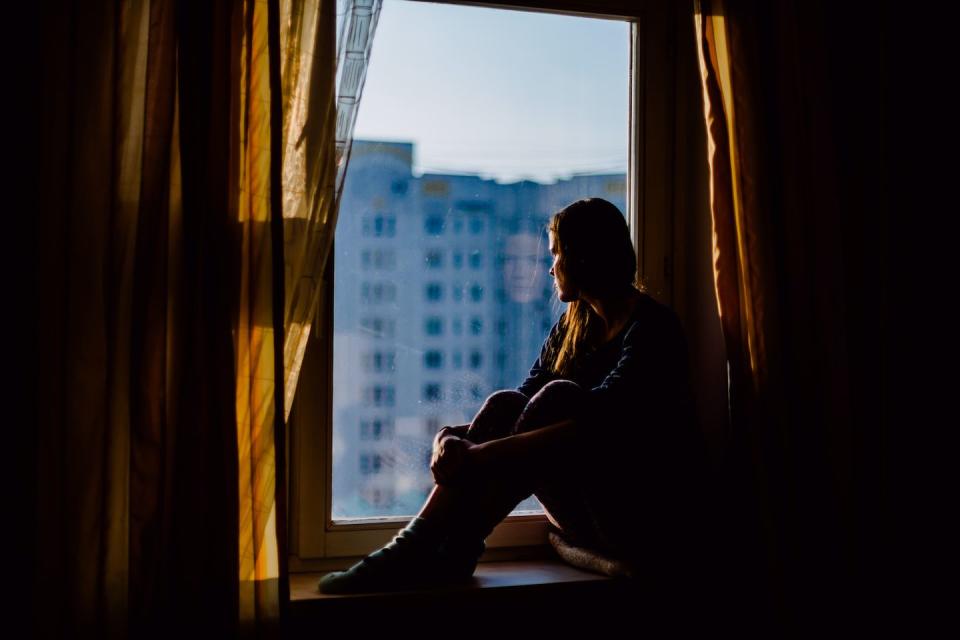
Do I want to go home? Many of my friends have returned, some even with children. Many women go to Ukraine for at least a week to visit their families, despite the danger as the war continues. I understand them like no one else. I would like the same. There is my husband, there is our home, our loved ones.
And yet, that much-disputed maternal instinct kicks in again and does not allow me to take my daughter to a place where air raid alarms sound several times a day. Where at night you wake up the children to go down to the bomb shelter. And during the day you pray that the sirens will not sound while the children are at school and you have not waited out this time in different shelters. Where the real threat of a nuclear attack has become the most discussed topic of the past few weeks, it has sidelined news of missile strikes on heating networks and forecasts of how many districts of Kyiv will be flooded if a missile hits a dam.
So I stay where I am. I live for today. And I thank this country for the people I met here. People need people. This works even when some human beings destroy your country and kill thousands of civilians there. At such moments, it is easy to stop believing in humanity, in kindness and empathy as values. But if you keep this faith, it will help you not to give up.
I continue to live two lives. In one of them, the headlines have changed; news of Ukraine has been replaced by other pressing topics for this country, which are now also relevant to me. But in my other life, the war still is a horrible reality. It meets me every morning in the Ukrainian news feed, in video calls with my husband, in chats with friends. It is not in the background. The war continues to determine the course my life every second, even here, under peaceful skies.
Ahead is a difficult period. I have to rent my own accommodation here, and this task terrifies me. I know how difficult it is. It is doubly difficult for Ukrainian refugees. Add to a refugee the status of a single parent with a child, and this will make it almost impossible. But I already believe that I can do it because I'm not alone here. Because you can't win the war alone. And because we definitely won't lose.
You Might Also Like


